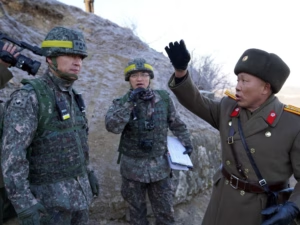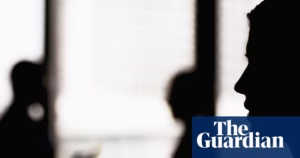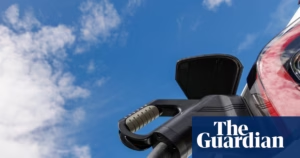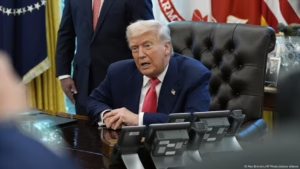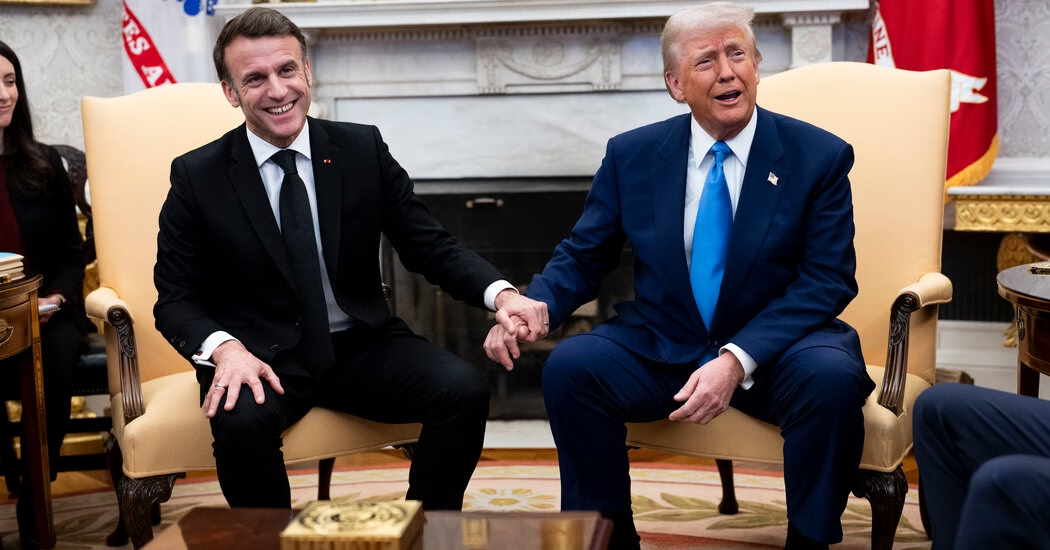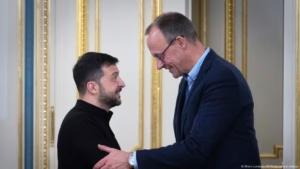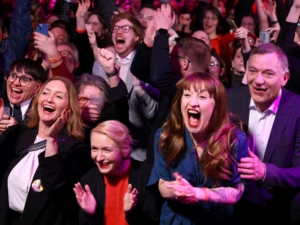During joint appearances on Monday, French President Emmanuel Macron adopted a friendly tone with President Trump while gently correcting him with a smile. This combination of flattery and gentle resistance is an example of how some European leaders are attempting to approach the US at a challenging moment.
The strategy’s effectiveness remains to be seen. While Macron referred to Trump as “Dear Donald” four times during a joint press conference, emphasizing the shared history between France and the US and highlighting progress on a sustainable and strong peace agreement for Ukraine, he also demonstrated a willingness to push back.
When Trump stated that Europe would “get their money back” due to its financial support for Ukraine, Macron interjected, saying, “We provided real money.” Later, in an interview with Fox News, Macron mildly criticized threats to impose tariffs on European consumer goods as counterproductive, questioning how European security and defense expenditures could be increased amid a trade war.
Europe faces a significant challenge as the full-scale war in Ukraine enters its fourth year and US support for the conflict and the continent as a whole wavers. Macron’s visit to Washington was part of a flurry of European diplomacy this week, with Prime Minister Keir Starmer of Britain meeting Trump on Thursday, and the European Union’s top diplomat, Kaja Kallas, meeting with US officials.
European leaders are eager to keep the US engaged and active, as American military capabilities and funding have been crucial for Ukraine’s resistance. The US is also a major trading partner for the 27-member European Union. US tone has shifted suddenly and starkly, leaving Europe on the defensive. Trump has been critical of European allies and recently made friendly gestures toward Russia.
Macron has been advocating for Europe to have more “strategic autonomy” and less military dependence on the US. He emphasized this point while meeting with Trump, reiterating that it is Europe’s duty to shoulder more of the continent’s security burden.
Regarding the peace process, Macron stated that Europeans could send troops as part of a future peace deal, not as combat forces but as a peacekeeping force, with the US supporting this approach. However, there were few details on how the US would assist.
European Commission President Ursula von der Leyen highlighted the importance of the global response to any invasion and violation of international borders, stressing that it is crucial for not only Europe but also Asia, Africa, and both sides of the Atlantic.
While Macron and other European leaders can influence Trump, it is uncertain whether they can sway him on Ukraine as he embraces Russian President Vladimir Putin and redefines that relationship. European officials fear that Trump may negotiate a rapid peace agreement with Russia without including Ukrainian and other European leaders, which could leave Kyiv vulnerable and embolden Putin.
Source: https://www.nytimes.com/2025/02/25/world/europe/trump-macron-starmer-ukraine.html
